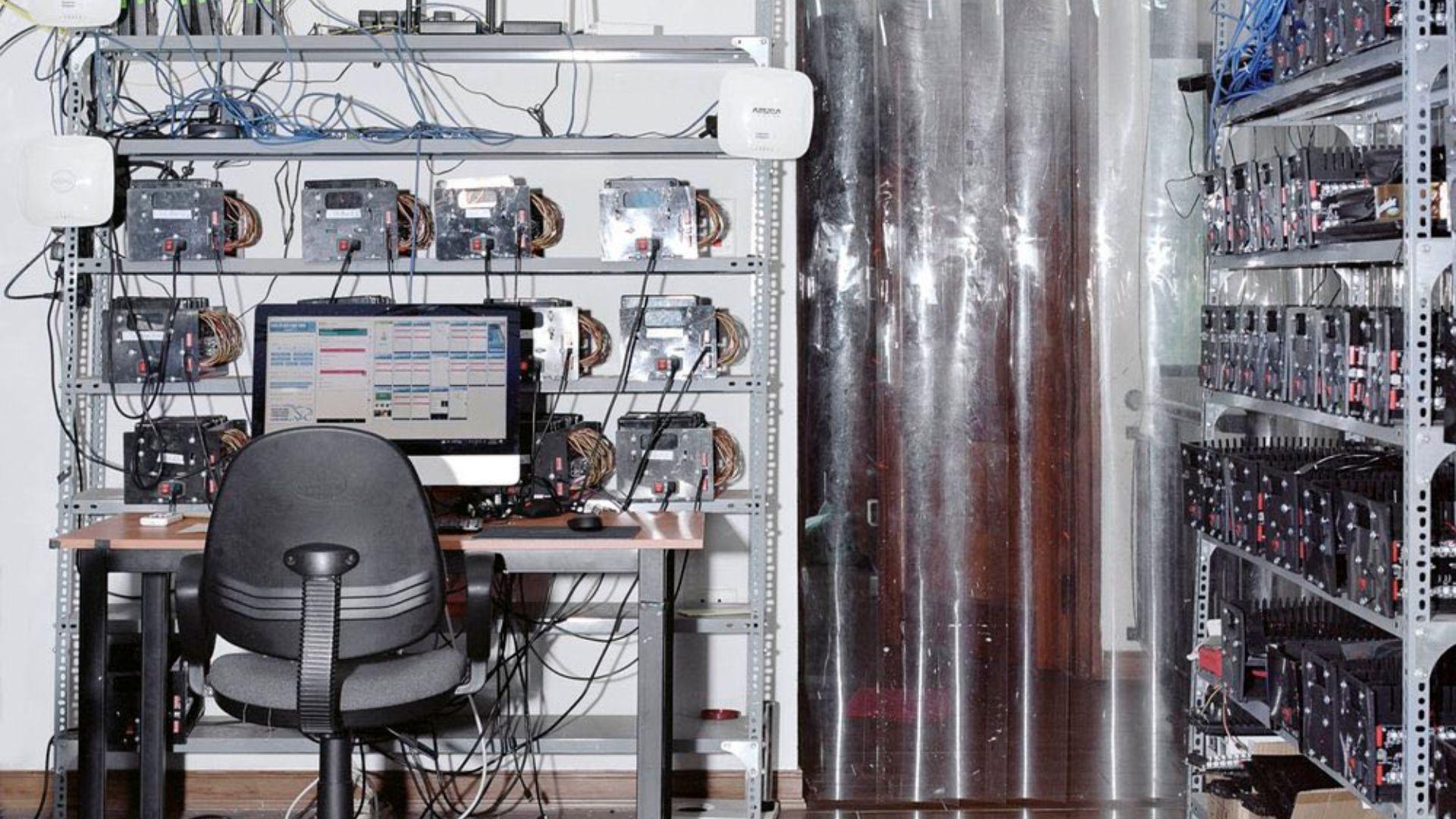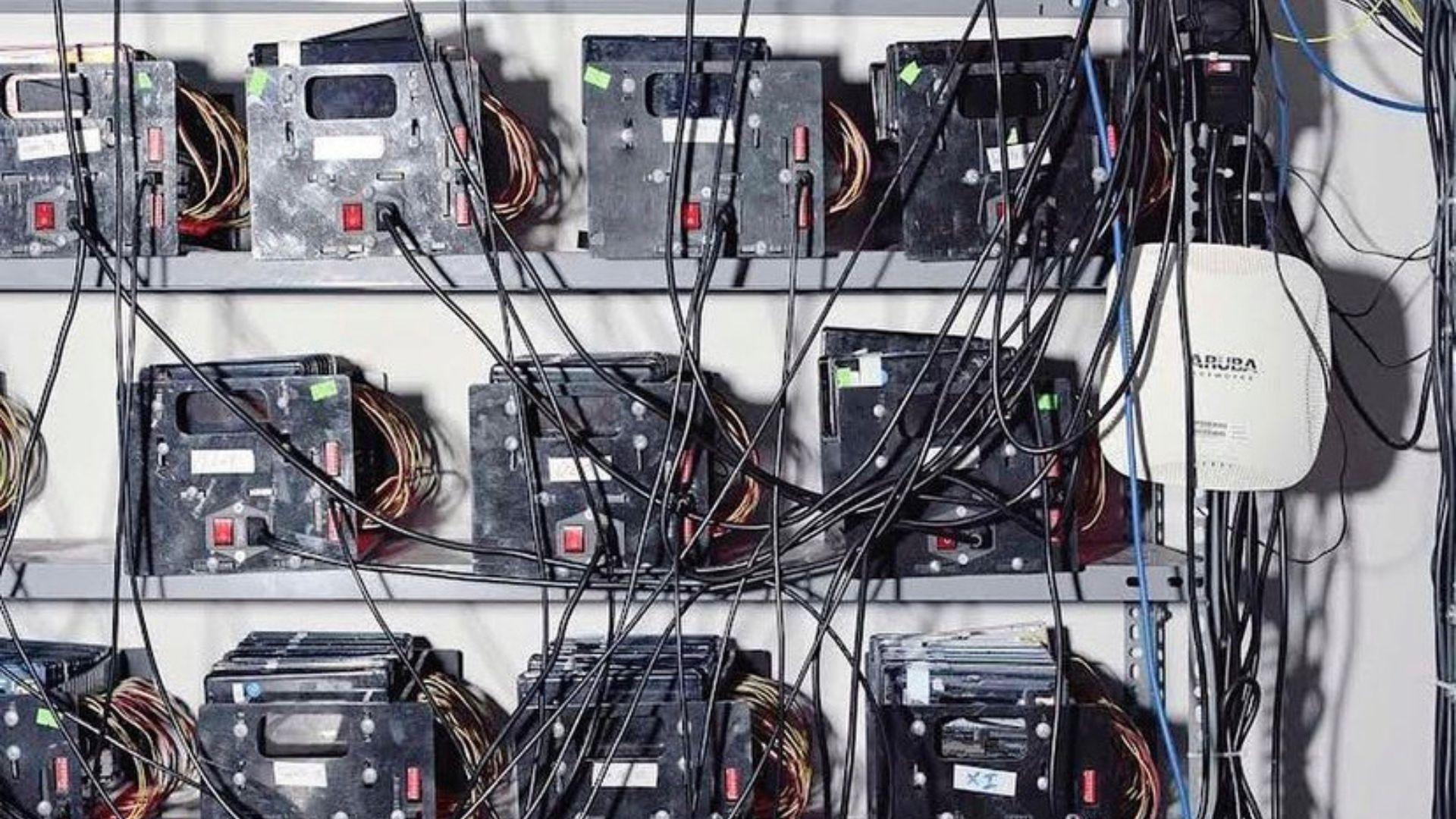Photographer Jack Latham ventured into Vietnam to uncover the operations of click farms, a journey that sheds light on the digital manipulation affecting our online experiences.
His findings, documented in the book “Beggar’s Honey,” reveal how these farms create artificial online traffic and engagement, misleading users and algorithms alike on platforms we use daily.
The Illusion of Online Community

Our online interactions, which we believe to be authentic, are often influenced by artificial traffic generated by click farms.
These operations create fake profiles that mimic real user interactions, skewing our perceptions of what is popular or trending. This manipulation affects our understanding of online popularity and trustworthiness, altering how we perceive online content.
The Mechanics of Deception

Click farms employ sophisticated methods to simulate real user behavior, generating fake likes, comments, and shares.
They appear to support opinions on social media, commonly extreme ones. This manipulation is not always obvious, making it a subtle yet impactful force in our digital lives.
The Political Reach of Click Farms

Beyond social media metrics, click farms have significant implications in the political arena. They are utilized globally to amplify political messages and disseminate disinformation, particularly during election periods.
For instance, Cambodia’s then-prime minister, Hun Sen, faced accusations of purchasing Facebook friends and likes to bolster his online presence, allegations he refuted. Additionally, operations in North Macedonia were identified for spreading pro-Donald Trump content during the 2016 U.S. presidential election.
Inside a Click Farm

Latham describes the click farms as setups with numerous smartphones, each representing a user. These devices are controlled en masse to generate artificial online engagement.
This revelation exposes the scale and technicality behind the operations, illustrating their role in shaping online content visibility and user perceptions.
Click Farmers’ Profile

The individuals running these operations are often young, tech-savvy people who see this as an opportunity rather than a nefarious activity.
Their small-scale setups in ordinary spaces appear to contradict the significant impact of their actions on global digital landscapes.
The Economy of Clicks

The business model of click farms is revealed through the low-cost, high-volume nature of their operations.
Latham’s observations provide insight into the financial incentives driving this industry, emphasizing the economic dimensions of digital deception and its appeal in regions with lower economic barriers.
The Algorithmic Escalation and Its Dangers

Latham’s research revealed a concerning aspect of digital algorithms, a central theme in his prior work, “Latent Bloom.”
He observed these algorithms tend to recommend progressively more extreme content with each interaction, a process that can lead users down a rabbit hole of radicalization. Latham expressed alarm at the personalized nature of this content delivery, stating, “If you only digest a diet of that, it’s a matter of time you become diabetically conspiratorial.”
The Scope of Click Fraud

Click fraud is a pervasive issue, impacting not just individual perceptions but also advertising and marketing industries.
It siphons significant financial resources and skews data analytics, posing challenges for businesses and consumers alike in discerning genuine online engagement.
The Evolution and Impact of Click Farms

Click farms have evolved over time, with individuals lacking extensive resources or coding abilities adapting the model to a more basic, yet still effective, setup.
This was highlighted when, in 2017, authorities in Thailand dismantled a major click-fraud operation. Police and army personnel seized hundreds of iPhones and close to 350,000 SIM cards. These devices were being used to artificially boost product promotions on various shopping platforms.
The Ongoing Struggle Against Digital Manipulation

Efforts to combat digital manipulation and click fraud face significant challenges.
The adaptability and sophistication of these deceptive practices make them difficult to tackle in the fight for online authenticity.
Exposing Click Farms Through Art and Awareness

Latham is committed to raising public awareness about the dangers and deceptive nature of click farms. To achieve this, he plans to showcase a personal click farm device at the 2024 Images Vevey Festival in Switzerland. This device, which he acquired in Vietnam for around $1,000, consists of a compact box linked to several phones, simulating a click farm’s operations.
Latham has tested this setup on his own Instagram account, dramatically inflating his post’s likes to over 6,600 from the usual few dozen to a couple of hundred. Through this demonstration, he aims to educate the public on the deceptive appearances on social media.
